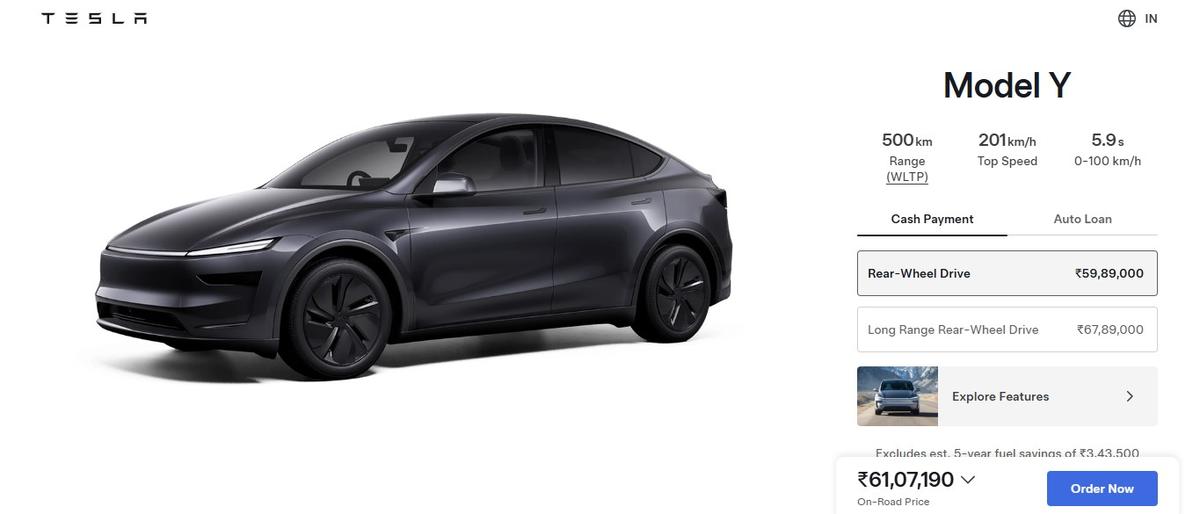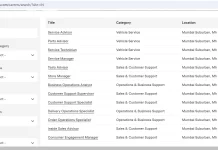Battery shortage: Elon Musk expressed doubts that production of Tesla Semi trucks will begin this year
Tesla CEO Elon Musk has questioned the sufficiency of battery production and the start of truck production this year. The Tesla Semi, an electric towing vehicle program, has already faced several delays – initially slated to enter the market in 2019.

Things seemed to have changed lately, and the Tesla Semi trucks looked ready to launch. Last summer, Elon Musk told employees by email that it was time to start mass production of Semi trucks. Tesla said this year that the electric car will go into production towards the end of the year and will be delivered to some customers.
The company is indeed moving towards its goal: the new Semi prototypes have been spotted on the road for the first time since the first two prototypes were unveiled in 2017. Tesla recently posted a video of a test drive of the truck. Finally, last week, PepsiCo, one of Semi’s largest customers, announced that they expect 15 Tesla trucks to be delivered by the end of the year.
However, Mr. Musk somewhat cooled the ardor of the fans. When asked how Semi is doing, he replied: “We are too limited in the volume of battery cells, but maybe next year it will be all right.” The commentary is rather vague to say for sure that Tesla will not release a single production Semi car at all this year, but Elon Musk clearly makes it clear that you should not count on mass production. By the way, in January, he already pointed to a shortage of batteries as the reason why the production of the Semi has not yet begun.
Tesla currently only produces 4680 batteries at its pilot plant in Fremont. Even though this is just a “pilot plant,” Tesla plans to increase its production capacity to several gigawatt-hours. That would be enough to produce any notable number of tractors. Still, Tesla must also send some of the batteries to support Model Y production at the company’s Berlin plant until ramp up local production of 4680 batteries.




